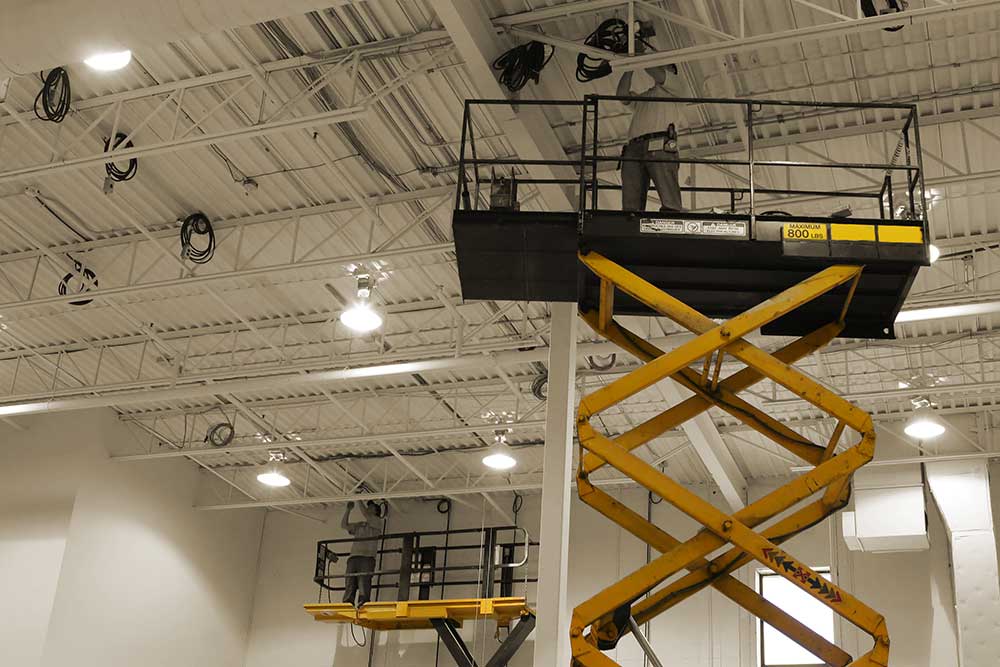
Engineering Construction Erector / Rigger
Careers Explorer:
Overview
As an Engineering Construction Erector or Rigger, you’ll sectors, such as power generation and the exploration and exploitation of oil and gas.
You’ll often work in hazardous environments, which can include working at height, over water and in confined spaces – so not for the feint-hearted.
As an Erector, you’ll install and dismantle capital plant steel infrastructure, using static and mobile moving and lifting equipment and accessories. You’ll also fix metal decking, safety netting and edge rails to facilitate safe working.
As a Rigger, you’ll lift, move and position loads during engineering construction projects. This involves the detailed planning and control of all the elements required to successfully and safely execute and complete the operation. You’ll use moving and lifting specialist equipment, such as skids and rollers as well as numerous types of winches, hoists and cranes of various sizes and design.

Top 5 Tasks
- Use powered as well as non-powered hand tools
- Fix metal decking, safety netting and edge rails
- Lift, move and position loads during engineering construction projects
- Use skids and rollers as well as numerous types of winches, hoists and cranes
- Working in often hazardous environments.
Salary
The average UK salary for an Erector or a Rigger is £39,000 and those at a more senior level will earn much more.
Salaries typically range depending on location and overtime.
Am I Suited?
- Loves the outdoors
- Head for heights
- Problem solver
- Self-motivator
- Loves machines
Qualifications
Training is initially received on-the-job. Skilled workers must obtain Construction Skills recognised cards through the completion of approved courses and further work experience.
Three GCSEs, including English, maths and a science or technology subject would be usually required.
However, employers may look for further qualifications.






